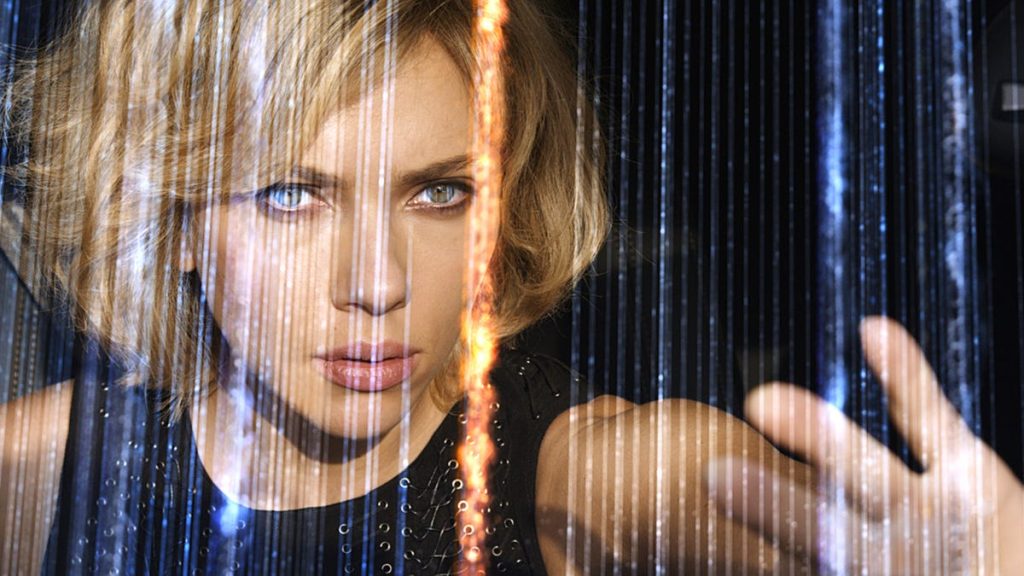Scarlett Johansson criticized OpenAI for creating a chatbot voice that she felt was too similar to her own without her consent. OpenAI had unveiled GPT-4 Omni (GPT-4o), its latest AI model, which could engage in conversations in a very human-like manner. The virtual assistant’s capabilities drew comparisons to Johansson’s character in the movie “Her.” OpenAI has since suspended the use of its AI voice, named Sky, while addressing concerns raised by Johansson’s statement.
OpenAI denied copying Johansson’s voice and stated that Sky’s voice belonged to a different professional actress. The company emphasized that AI voices should not deliberately mimic a celebrity’s distinctive voice. Johansson accused OpenAI and its founder, Sam Altman, of intentionally copying her voice. She claimed that Altman had approached her to voice GPT-4o but she declined. However, Altman allegedly reached out again right before the May event, prompting Johansson to hire legal counsel to seek transparency on the voice talent selection process.
Altman responded to Johansson’s allegations by stating that the voice of Sky was never intended to resemble Johansson’s voice. He mentioned that the voice actor behind Sky had been cast before any contact was made with Johansson. In response to the situation, OpenAI paused the use of Sky’s voice and expressed regret for not communicating better with Johansson. Johansson’s legal challenge adds to OpenAI’s existing copyright issues, as the company faces lawsuits from various industries for alleged copyright infringement related to training their AI models.
Google also introduced its own multimodal AI assistant shortly after OpenAI’s announcement. The competitive landscape in the AI industry is heating up as companies strive to create more advanced and human-like AI models. Johansson’s case highlights the ethical considerations surrounding the use of celebrity voices in AI technology and the importance of obtaining proper consent. OpenAI’s handling of the situation, including the suspension of Sky’s voice and the apology to Johansson, reflects the company’s recognition of the need to address concerns and maintain transparency in its operations. This incident serves as a reminder of the complexities involved in navigating the intersection of technology, celebrity rights, and privacy.


